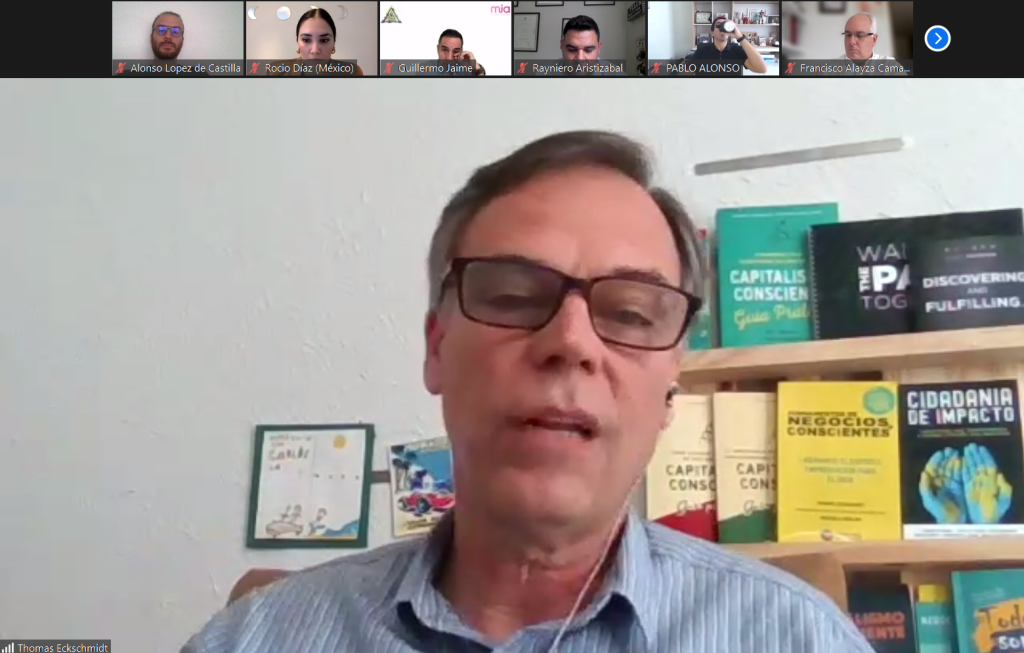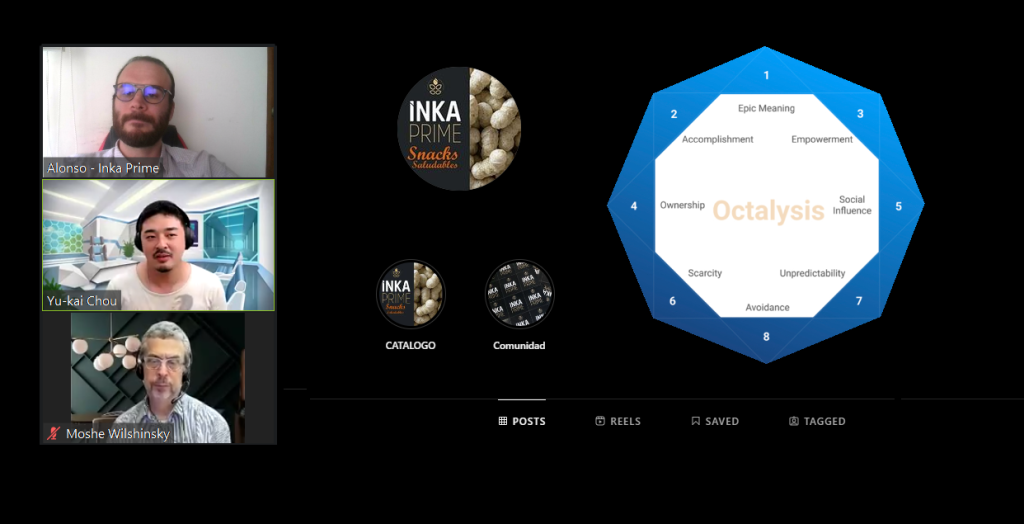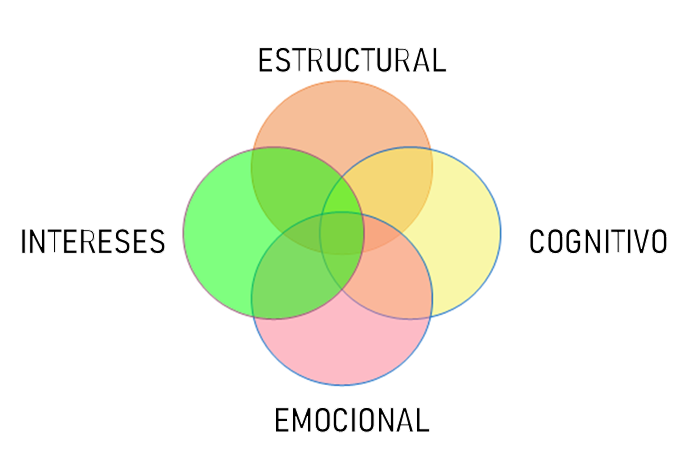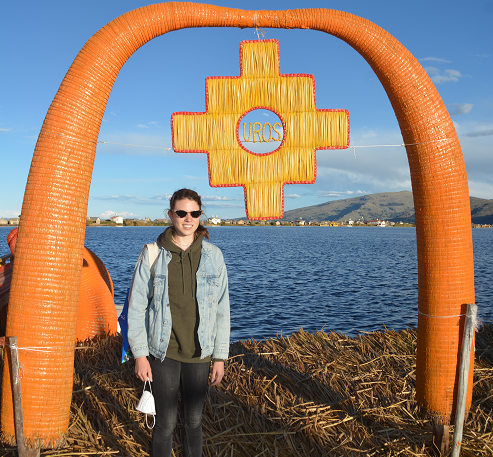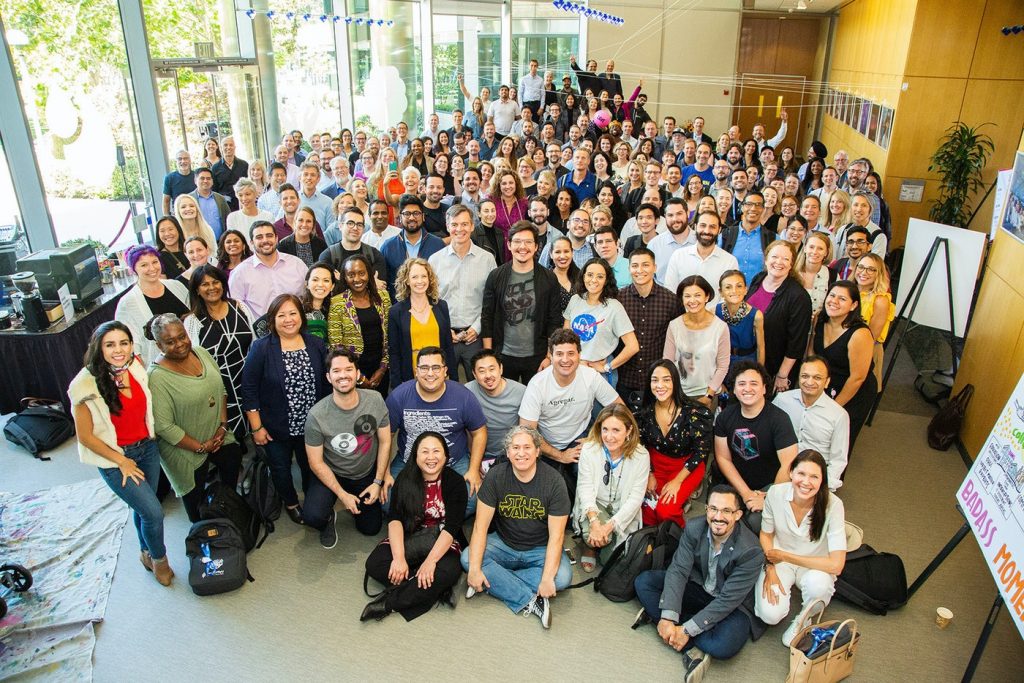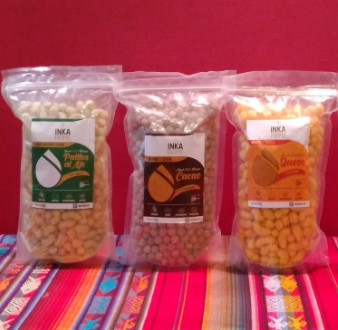Elizabeth Minaya: Deputy Head of the MIF in Peru
“Through intelligent and sustainable agriculture and creating market access for people in the last mile through technology and disruption.”
The IDB (Inter-American Development Bank) is the largest source of development financing in Latin America and the Caribbean. It was established in 1959 and is focused on socio-economic and regional integration issues. In the bank, the MIF (Multilateral Investment Fund) promotes the development of the private sector through business associations; and the governments and NGO’s through the provision of technical assistance and investments to support small enterprises. It also provides advice on labour and business climate issues.
Elizabeth Minaya is the deputy head of the MIF in Peru. She sees this arm of the IDB as more than just the Social Responsibility branch of the bank: “It’s an innovation lab supported through sound investments” she explained. As an innovation lab seeks to develop disruptive models, in this particular case, this is achieved through smart investment in agriculture projects that are ecologically balanced. We strive for disruptive, scalable and sustainable initiatives that can bring about big, positive social impacts.

With this in mind, this organization focuses on uptake through an access framework to help small-scale farmers to consolidate their success in new markets. This can only be achieved through the promotion of competitive products and services. Many producers who have between 2 ½ – 3 hectares each cannot effectively compete; this coupled with low education and organization levels means that building connections is key. It’s only when training and organizational strengthening occurs that disruption can be achieved, based on competitive advantage.
The IDB sees innovation as doing what has not already been done and improving the efficiency and effectiveness of existing processes. The application of technology and know-how is also key to any productive process. Our goal is to include those in the last mile who are getting left behind, considering our challenging geography and the difficulty some small farmers have accessing information. considering our challenging geography and the difficulty some small farmers have accessing information.
It’s important to encourage ways to work together effectively in the market. International organizations play a decisive role and we are doing things right betting on long term strategies and adopting new perspectives. The state has a huge responsibility to support local government in increasing productivity and could do a lot more in this department. The private sector has a lot to offer if it takes a “bigger picture” approach to things. Through different actors, we need to step up to the plate together to seize opportunities taking into account our different areas of competence.



